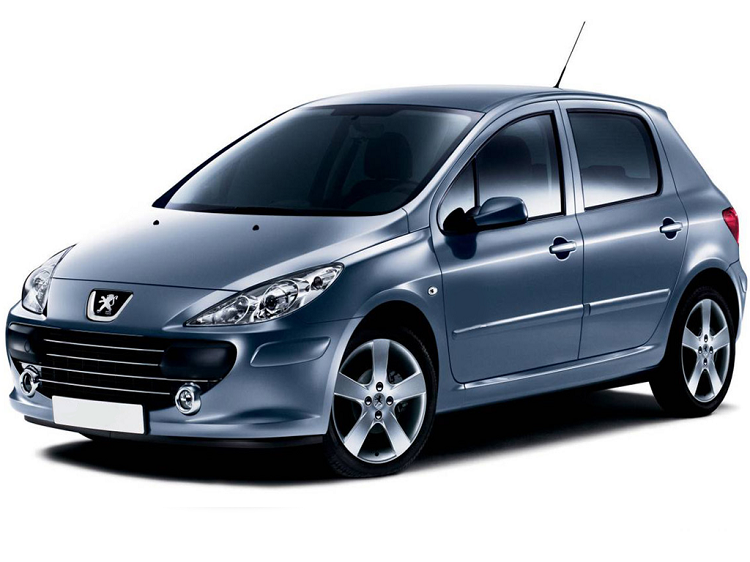There are a few important ways that you can reduce your tax bill if you’re self-employed and use your car or van for business use. There are various items that you can deduct from your business expenses income as running costs and expenses before you work your profits. But make sure you don’t confuse your private expenses with your business expenses.
You can claim tax relief for certain items known as ‘capital items’ or ‘capital expenses’ that were a one off cost incurred to improve or purchase an asset for the good of your business. This doesn’t apply to all items so it’s important to check for individual items but a van for example, will count as capital expenditure. As the item has to be as asset that you keeping order to earn profits for your business this will count for buying a van but not for hiring one short term although this may be covered in another type of tax allowance. These capital items will have to be shown separately on your Self-Assessment tax return.
You can also claim tax relief on outgoings like car and van insurance, AA or RAC membership, repairs and servicing and other costs involved in maintaining your business van. If you also use your van or car for personal use then there will be a proportion of the price that won’t count as business use as it will be for your personal use. This also includes costs such as speeding fines and the cost to travel from your home to your business.
One of the main ways you can reduce yourself employed tax bill is through deducting the cost of fuel used for business purposes. You can do this one of two ways, either by using a fixed mileage rate or by working out your actual expenditure from your records of business and private mileage. Many people opt for the first option and you can do this based on a few prerequisites, that the figure doesn’t exceed the governments AMAPs, approved mileage allowance payments, for the value at the time it’s used and this rate is published annually. Your business’ turnover cannot be more than the VAT threshold, currently £77,000, at the time the vehicle was bought. This also means you can’t claim capital allowances on the vehicle as the mileage expenses cover this cost in terms of depreciation. This VAT threshold is used purely as a benchmark and doesn’t actually have an impact on your VAT accounting.
The amount you can claim for your vehicle depends on what it is you drive, whether a business car, van or motorcycle. The current amounts for a business van or car is 45p a mile for the first 10,000 miles and then 25p per mile after.
Whatever it is you do for a living, if you use a car or van for business purposes then it’s really important that you keep up to date and fairly thorough records to back up the amounts you put on your Self-Assessment tax form. There’s loads of really useful information on the HMRC website. What’s great is you can claim the VAT back in any car or used vans Glasgow, exclusively for business use so you get to enjoy your hard earned cash without worrying about the tax man.









